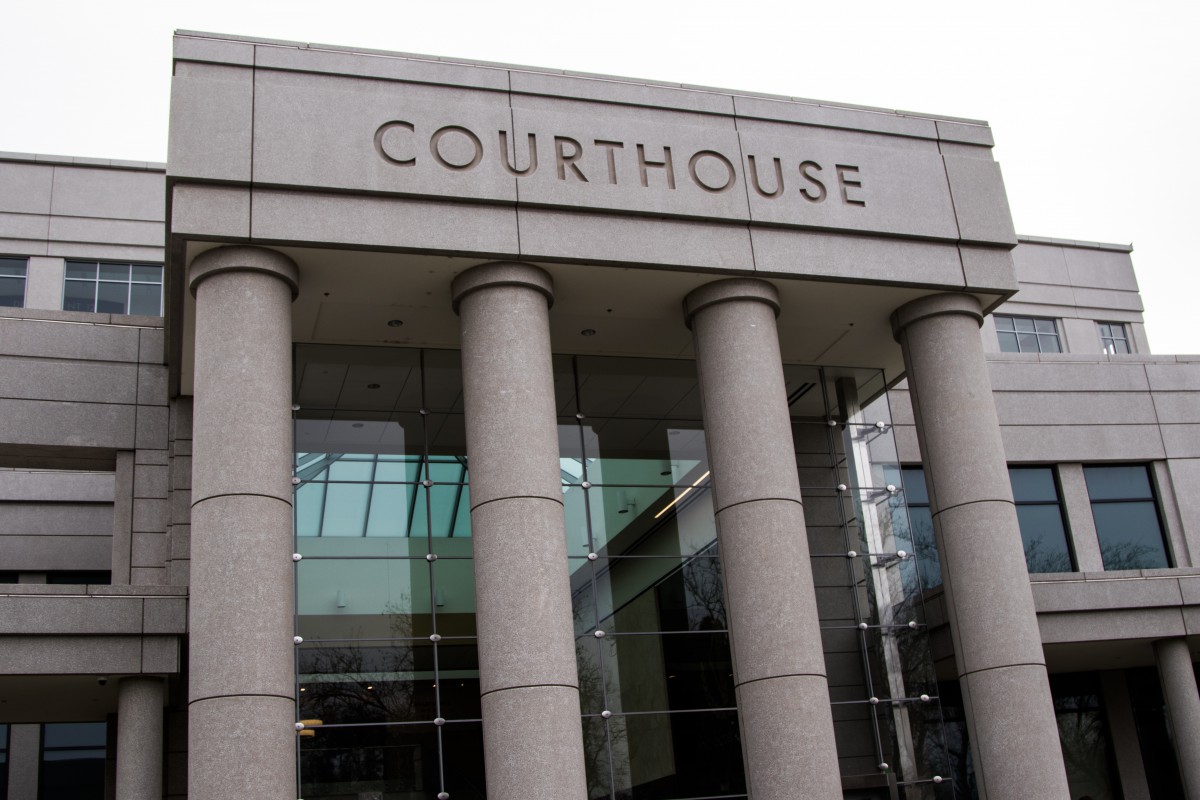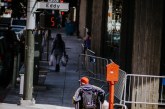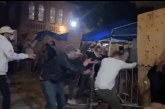
 By Gracy Joslin and Fiona Davis
By Gracy Joslin and Fiona Davis
WOODLAND, CA – In Yolo County Superior Court Monday morning, just as jury selection had concluded and the trial was set to begin in a DUI misdemeanor case, the prosecution unexpectedly moved to dismiss the case after an officer scheduled to take the stand was found to be on vacation.
The defendant in this case is being charged with two misdemeanors for driving under the influence and drunk driving.
The incident allegedly occurred on a freeway onramp from Covell Boulevard onto Highway 113 in the city of Davis on January 8, 2022.
The defendant pleaded not guilty to both charges, reserving their right to have a jury trial within 60 days of their arraignment.
On Monday, before confirming and seating the jury, both sides had the opportunity to make written and oral motions regarding what is to be included and excluded in the trial.
One fact Deputy Public Defender Danielle Craig requested not be included in the trial was the fact the home in which the witnesses reside is a fraternity house.
Moreover, “a fraternity has a widely negative connotation and I think it’s fair to say it has no relevance to the case… it is far more prejudicial than probative. I think we can find other ways to explain how the defendant and these people know each other.
“The word fraternity is a trigger word. The jurors will, I think, take that and run with it,” Craig added.
Deputy District Attorney Sherri L. Bridgeforth disagreed that the word fraternity is a trigger word.
She objected, “I think the mission of the fraternity goes to the credibility of the witnesses. I think the jury needs to assess whether the testimony they are giving is accurate and truthful and not impacted by the goals and objectives of this fraternal organization”
Judge Dave Rosenberg denied the request of PD Craig stating, “It is relevant. There is potentially some prejudice, but it does not substantially outweigh the relevance.”
Eventually the potential jurors entered the courtroom and Judge Rosenberg noted “this is a relatively short trial… it is anticipated that this trial will be presented to the jury for decision and deliberation in three days.”
Several hours were spent on jury selection, until the defense and prosecution settled on a set of jurors and several alternatives. Judge Rosenberg then placed the court under a brief recess, with the understanding that the trial would begin later that afternoon.
However, just before the jury was to return and the proceedings were scheduled to continue, DDA Bridgeforth suddenly requested that the case be delayed.
She said the prosecution had originally expected to have the CHP officer who administered the breathalyzer test on the defendant testify during the trial.
However, she told the court that, during the brief recess, the prosecution had been informed that the officer was currently on a three-week vacation in Southern California.
“We do now know his whereabouts, and he is in Disney,” Bridgeforth stated.
While the CHP office had issued notices regarding the officer’s unavailability in several other cases in which he was involved, Bridgeforth claimed that her team had not received any notice of his absence in this DUI case until after the jury selection.
The prosecution argued it would need to continue the trial so they could have this key witness in attendance, stating that no other officer could testify to “the breathalyzer.”
In response, the defense objected to the prosecution’s request, stating that “it is very clear in the case law … that a family vacation to Disney is not good cause.”
PD Craig also noted, “Under the California Code of Civil Procedure … The jury must be sworn in as soon as both parties have passed their final jury decisions.
“We’re done with jury selection. It is past the 11th hour,” she continued to argue. “[My client] has a statutory right to the jury being sworn in immediately after [jury selection] has concluded.”
When asked whether having the officer testify remotely over Zoom would be a viable option, the defense also objected.
Judge Rosenberg ultimately denied the prosecution’s motion, stating, “This is a tough call, but I’m going to have to deny the motion to continue.
“We can always [go on with] the trial today, tomorrow and see what happens,” he told Bridgeforth. “It’s your call, but the motion to continue I deny.”
Bridgeforth then requested a 10-minute recess to consider whether the prosecution was ready to move forward with the trial without the officer witness, which Judge Rosenberg granted.
After 10 minutes, Bridgeforth stated she was able to get ahold of the officer in question, he would not be able to be present in court until the following Tuesday, more than a week later.
By waiting until next Tuesday, past the 60-day timeframe the accused reserved the right to have their trial within.
Understanding this, the prosecution stated, “Given this is a time not time-waived trial … I don’t know if defense is willing to stipulate to that, but that is an option.”
“I will not be stipulating to that,” the defense replied.
With the officer unable to attend the trial within the 60-day timeframe, the prosecution then moved to dismiss the case “in the interest of justice.”
Judge Rosenberg granted the motion, telling the accused “don’t look so happy. You dodged a bullet, understand? Don’t let me see you again in court.”
After the jury was dismissed, one juror asked whether dismissals like this usually occurred, and Judge Rosenberg replied, “not typical—quite unusual. But things happen, you know? Every case has its own little twists and turns.”





